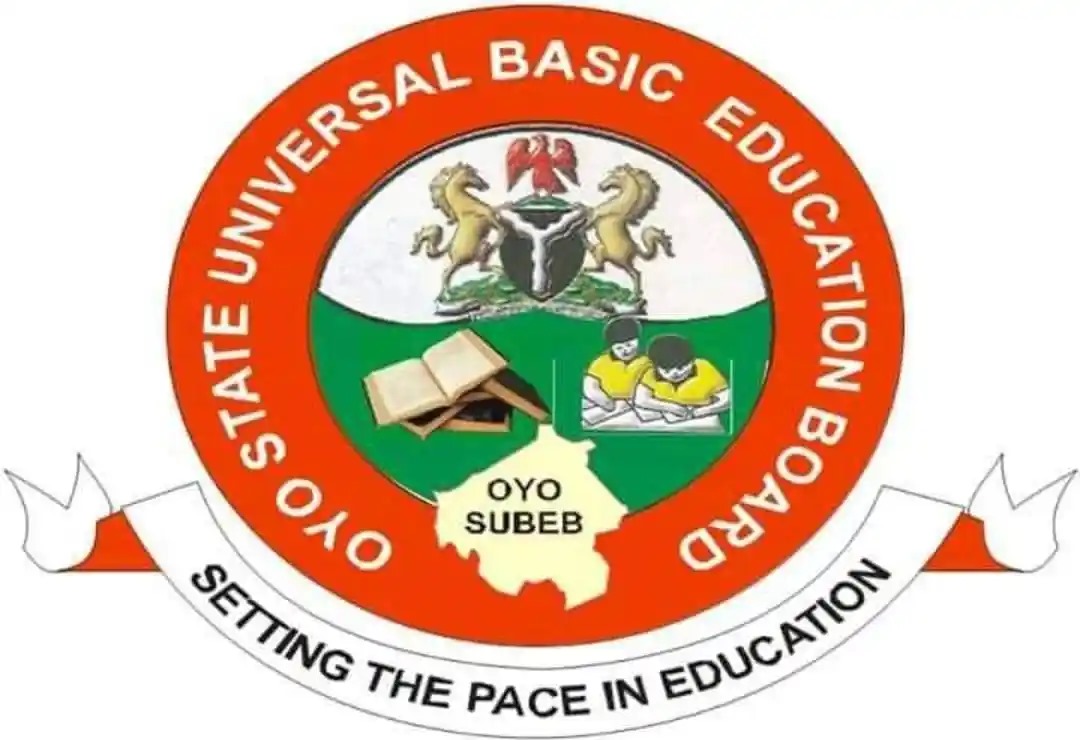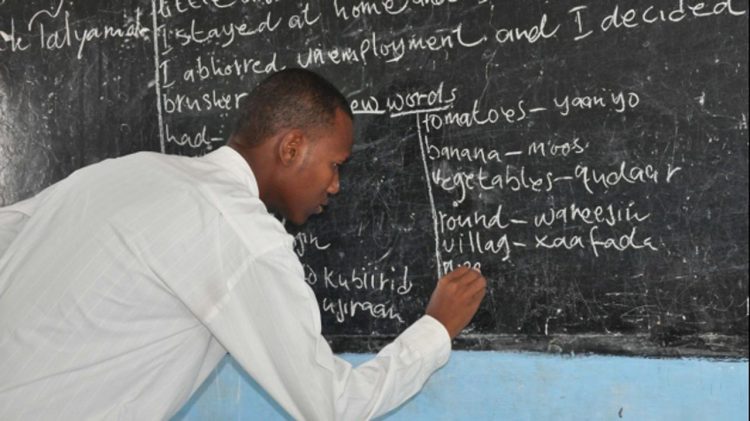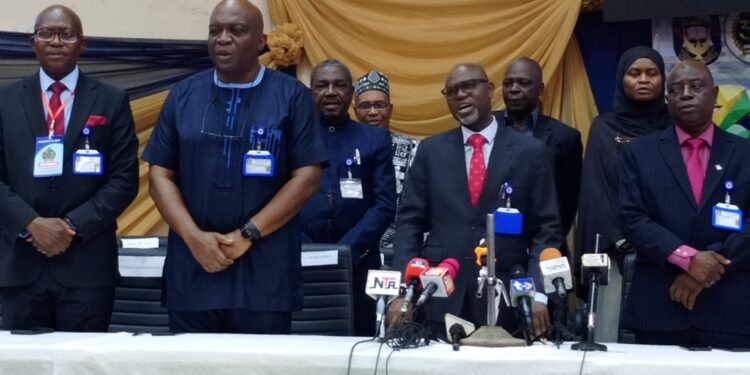Nigeria must return to Okebukola’s NUC era to stop mushroom varsities – Afe Babalola


ADO EKITI (Sundiata Scholar ) -Legal luminary and elder statesman, Chief Afe Babalola, Senior Advocate of Nigeria (SAN), has warned the Federal Government to stop mass approval of licenses for new universities.
Babalola, who is the founder of the Afe Babalola University Ado-Ekiti (ABUAD), said that approving establishment of universities without consideration for quality and infrastructure could adversely affect the country in future, if not stopped immediately.
The elder statesman gave the warning while speaking at the High Impact Research and Journal Advancement Workshop, organised by ABUAD, on Monday in Ado-Ekiti.
He said that during the era of Prof. Peter Okebukola, as the Executive Secretary of the National Universities Commission (NUC), the commission had a reputation for careful, meticulous and painstaking approval process, for the establishment of universities.
” Not only was the visitation and accreditation process rigorous, it was also impossible for anyone to obtain approval to commence degree programmes, especially in Medicine, Engineering and Law, especially in the first few years of establishing a university.
” But what do we have today? “Mass approval of mushroom and substandard universities, with some, lacking in even the basic learning facilities and infrastructure.
” As a result of this anything goes syndrome, approach to university licensing and accreditation, NUC’s ability to ensure quality control, and to stamp out substandard institutions, have been seriously compromised.
” We currently have over 270 universities in Nigeria, and proposals for the approval of another 200 new institutions are currently under consideration by the National Assembly”, he said.
According to Babalola, the focus now seems to be on quantity, not quality, licensing more universities, without adequate plans for monitoring their standards.
” The end result is a rapid decline, and rot of our educational system, and in the quality of our graduates.
“What we need is quality education, because poor education is worse than illiteracy,” the elder statesman said.
Babalola said that Nigeria could not seriously speak of advancing sustainable development, through high impact research, unless we first address the menace of proliferation of substandard universities in our nation.
” If we are really serious about accelerating national development, through research, the starting point will be for the process of approval for university licenses should be thorough,” he said.
Also, Okebukola, in his lecture titled, ‘Promoting High-Impact Research Publications for Sustainable National Development in Nigeria: Opportunities, Challenges and Future Directions’, called for increased partnership with international researchers, in order to boost the ranking of institutions in Nigeria.
This, he said, would attract international bodies to ABUAD, and make it surpass other universities in the country.
Speaking , the Editor-in-Chief of the ABUAD Journal of Sustainable Development, Law and Policy, Prof. Damilola Olawuyi, explained that the purpose of the workshop was to instill an innovative and entrepreneurial mindset in the approach to research, publication and journal management.
He noted that the Journal, which started in 2013 was an accredited Journal by the South African Department of Higher Education and Training (DHET), a member of the Committee on Publications Ethics (COPE), UK; the Directory of Open Access Journalists (DOAJ) and the African Journals Online (AJOL).
Earlier in a welcome address, Vice Chancellor, Prof. Smaranda Olarinde, said that the organisation of the workshop had been made possible, through the generous support of Electronic Information For Libraries, (EIFL).
According to her, participants would be equipped with practical knowledge on managing and sustaining Open Access Journals, Ethical Research Publishing, and Improving the Visibility and Credibility of African Academic Outputs.(NAN)









